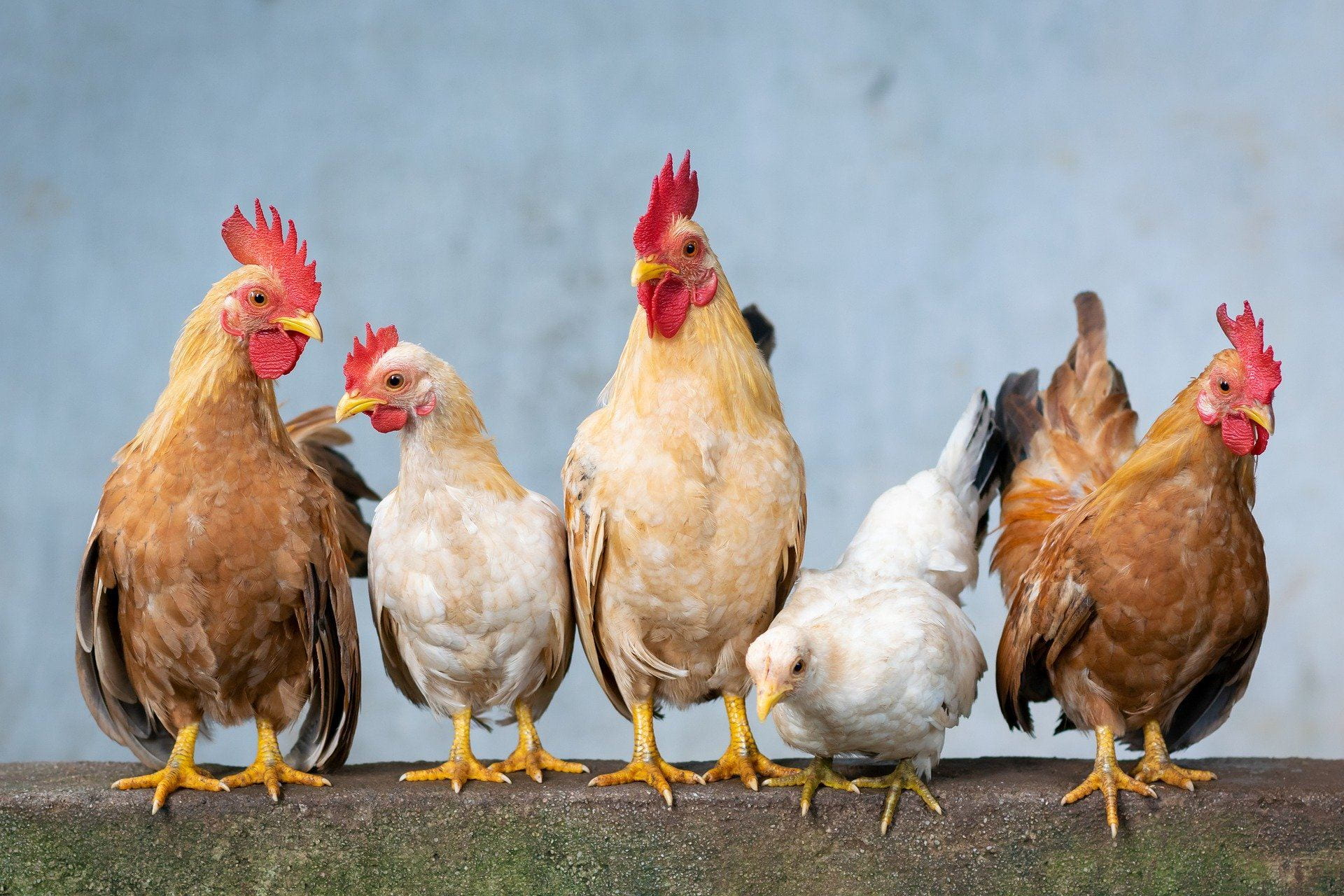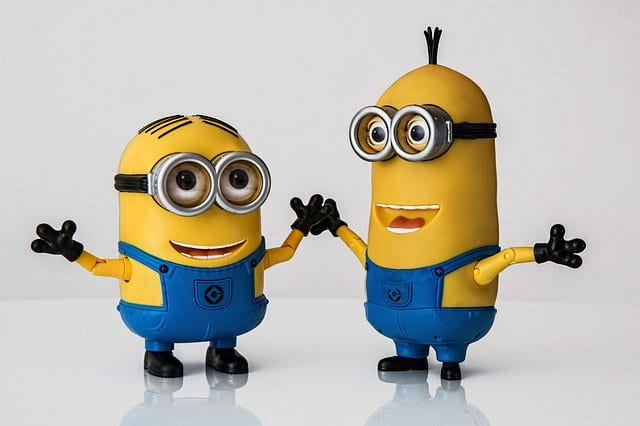Why is this a good picture to depict this week’s conversation? Well a big part of the discussion involving Vegetarian Ecofeminism, is this idea of ‘gendered foods.’ As discussed in Meat Heads: New Study Focuses on How Meat Consumption Alters Men’s Self-Perceived Levels of Masculinity by This was what I found for ‘men eating’…

And this is ‘women eating’.

Society has connected men to fatty meats while women have been connected to seemingly dry and tasteless salads. Of course this entire ideal is extremely absurd, but why is it that we’ve gendered certain foods? I think it simply goes along with the other absurd stereotypes put on women in our society. We are weak and petite, steak and ribs are certainly not for weak women. We should stick to fruits and vegetables are bodies will appreciate that more. Think about your own life, are you a woman? Do you eat red and fatty meats? Are you a man? Do you like fruits and vegetables? What does this all mean?
So back to my original question about the first displayed photo. Why is it good for this week’s conversation? The person handling the meat doesn’t have a gender. There isn’t one feature that would persuade us to believe they’re either female or male. It could be anyone. This is important in regards to our discussion on gendered foods and who ‘should’ or ‘shouldn’t’ be enjoying them.
With that in mind, one way I have experienced gendered foods in my own life is on Thanksgiving day. As a kid I would watch my parents team up and prepare a big Thanksgiving feast for us and all our guests. Year after year I watched the same thing. My mom peeled potatoes, cut the squash, mixed the stuffing and made the cranberry sauce. Meanwhile my dad took her prepped stuffing and put it into the turkey, then he was in charge of cooking the turkey for the day, he of course was also in care the turkey right before we sat down to eat. The closest my mom ever got to the turkey was when we sat down to eat it. As we got older my sister and I would help my mom and my brother would help my dad. I never questioned it, at the time I guess it made sense. But if the opposite had occurred it would have seemed weird. But why? Why has society defined and restricted us so much that there are certain foods we should or shouldn’t bee cooking because of our gender. This idea is another reason the first photo is so good for this week. The gender less character proves that anybody can cook the meat, carve the meat, and eat the meat.
Now that we have a better understanding of the connection between food and gender, how do ecofeminists see non-human animals and our relations to them? And where does vegetarianism fit into all this?
In Greta Gaard’s paper, Ecofeminisim on the Wing: Perspectives on Human-Animal Relations she focuses on the connection between the oppression of animals and women. She says “Feminists and ecofeminists alike have noted the ways that animal pejoratives are used to dehumanize women, pointing to the linguistic linkage of women and animals in such derogatory terms for women as “sow”, “bitch”, “pussy”, “chick”, “cow”, “beaver”, “old bat”, and “bird-brain.'” I think using these terms to degrade women has been used for centuries, and it simply aims at putting us ‘lower’ than men. To relate us to animals really highlights the patriarchal system we can’t seem to get away from. For Gaard she believes that its hard to decide if it’s the animals we consume or the pet we oppress that is a more common form of a human-animal relationship. While Gaard focuses on the human-animal relationship in terms of women, Deane Curtin discusses this idea of ‘moral vegetarianism’. While this concept is a rather philosophical one it’s still important within the conversation of ecofeminists and their views of our relationship to animals. She explains it as “Vegetarianism has been defended as a moral obligation that results from rights that nonhuman animals have in virtue of being sentient beings (Regan 1983, 330-53). However, a distinctively ecofeminist defense of moral vegetarianism is better expressed as a core concept in an ecofeminist ethic of care.” In layman’s terms, she believes that ecofeminists have a moral obligation to make the connection between animals and nature, and in turn, refrain from eating meat as it’s at the center of ecofeminists belief.
Both of Gaard and Curtin’s view bring an important aspect to this conversation. For me, I don’t think there’s any one belief about how humans and animals should interact. Interpret it for yourself. What do you think? Should all people who claim to be ecofeminists refrain from eating meat? Should these same people never own pets? Can we still be ecofeminists without having these beliefs? Or acknowledging them but doing nothing to change your behavior?
We had some thought provoking conversations this week, I hope you enjoyed.
Be sure to come back next week, we’ll be talking about the association between women and nature, you’re not going to miss that one.
Until Then…See ya’ll later.



Hello Madison,
I found your blog post to be very interesting and brought up a lot of interesting questions. Personally, I am a women whole greatly enjoys a piece of fatty meat and could never see myself become a vegetarian. Yet I do see some valid points within Curtin’s reading. The author talks about the fact there are individuals living within technologically advanced society with food options should not be eating animals. I would have to both agree and disagree with this idea seeing as I do believe that our society could cut down on the amount of meat we eat by including more vegan options within our diets, as well as veggies. However, I could never see myself completely giving up steak or chicken. I am also a pet owner and I must admit I was a bit conflicted after reading Gaard’s piece. Within her essay Gaard describes a domestic animals life as being “controlled by someone else: when and what to eat; when and where to urinate and defecate; how to act; whom to socialize with;” (Gaard 21). While I would tend to describe myself as a good pet owner after reading that particular passage I felt as though I were torturing my poor dog. Nonetheless, the author also states that while we may dominate over our pets the only way to truly make up for our control is to show them kindness rather than experiment on them or keeping them caged. Do you have any pets? If so has this changed your view on having one?
Hello Madison,
I found your blog post to be very interesting and brought up a lot of interesting questions. Personally, I am a women whole greatly enjoys a piece of fatty meat and could never see myself become a vegetarian. Yet I do see some valid points within Curtin’s reading. The author talks about the fact there are individuals living within technologically advanced society with food options should not be eating animals. I would have to both agree and disagree with this idea seeing as I do believe that our society could cut down on the amount of meat we eat by including more vegan options within our diets, as well as veggies. However, I could never see myself completely giving up steak or chicken. I am also a pet owner and I must admit I was a bit conflicted after reading Gaard’s piece. Within her essay Gaard describes a domestic animals life as being “controlled by someone else: when and what to eat; when and where to urinate and defecate; how to act; whom to socialize with;” (Gaard 21). While I would tend to describe myself as a good pet owner after reading that particular passage I felt as though I were torturing my poor dog. Nonetheless, the author also states that while we may dominate over our pets the only way to truly make up for our control is to show them kindness rather than experiment on them or keeping them caged. I was wondering do you think your family Thanks giving traditions might change know that you under the gender norms related to meats? Also are you a pet owner? If so has Gaard’s piece effected your ideas at all ?